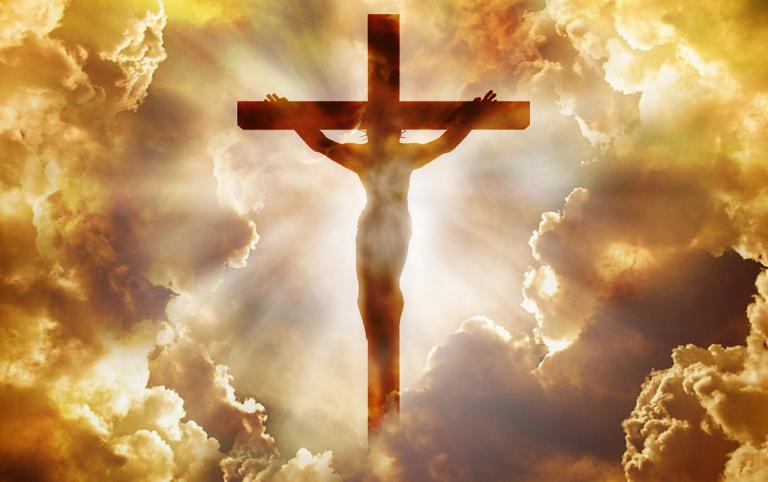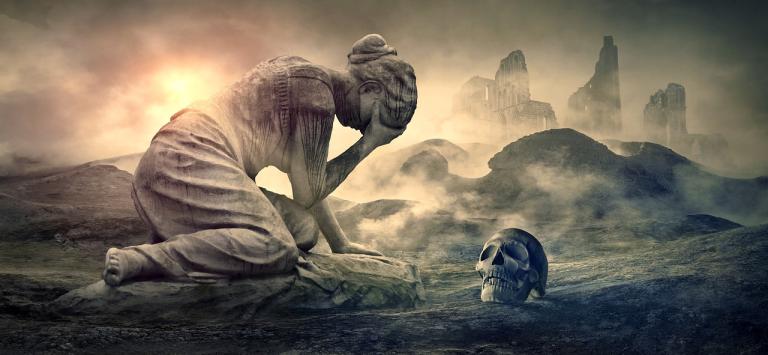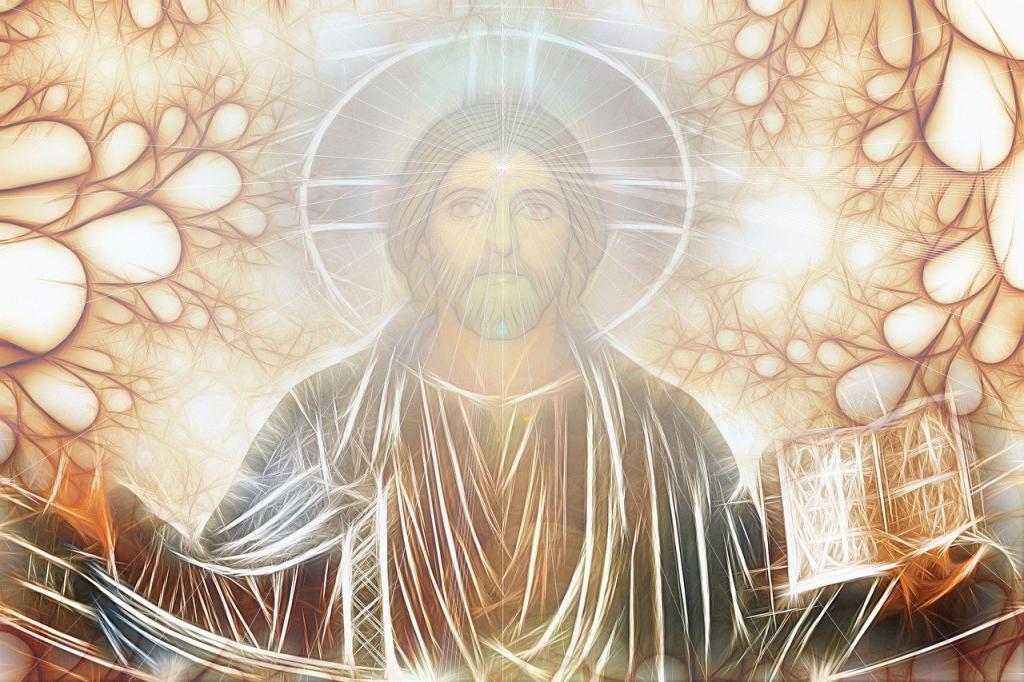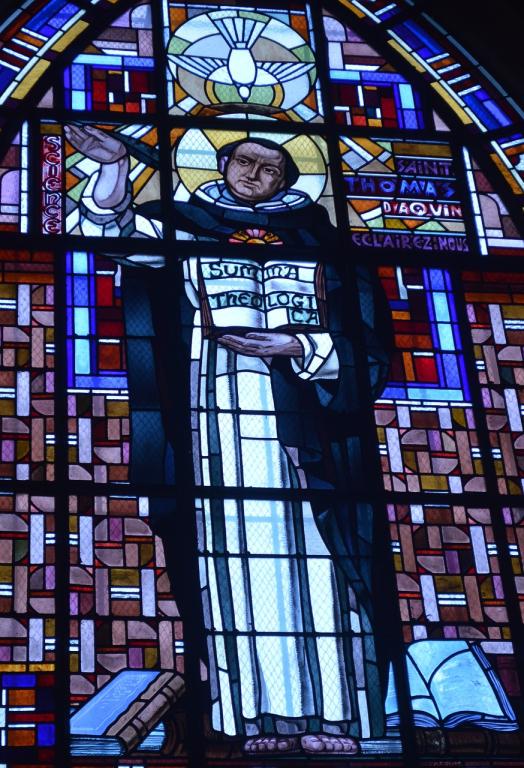“This is the one Church of Christ which in the Creed is professed as one, holy, catholic and apostolic.” – Lumen Gentium. How can it be known that the Catholic Church is the one founded by Christ? What aspects of the Church make it unique? In AD 325, the Roman Emperor Constantine convened the First Council of Nicaea. Among its many accomplishments, the Council of Nicaea developed a creed that would eventually take its name. The Nicene Creed states four... Read more

















